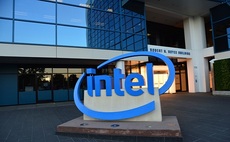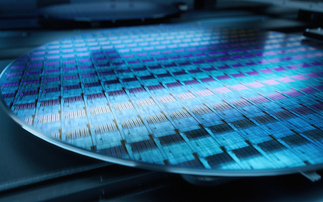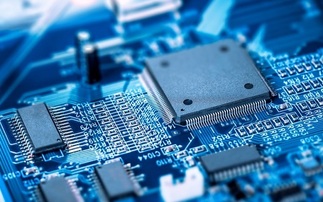EU pings chip giant for giving hidden rebates to Acer, Dell, HP, Lenovo, NEC and MediaMarkt
The EU has slapped a record €1.06bn (£948m) fine on Intel for leaning on five PC manufacturers and Europe’s largest consumer electronics retailer to buy its chips. In the period from 2002 to 20...
To continue reading this article...
Join CRN
- Enjoy full access to channelweb.co.uk - the UK’s top news source for the IT channel
- Gain the latest insights through market analysis and interviews with channel leaders
- Stay on top of key trends with the Insider weekly newsletter curated by CRN’s editor
- Be the first to hear about our industry leading events and awards programmes
Already a CRN member?











